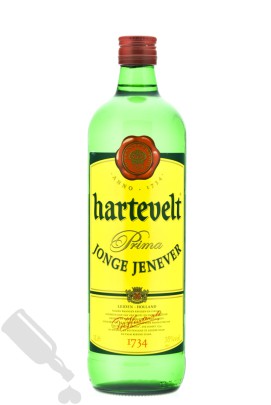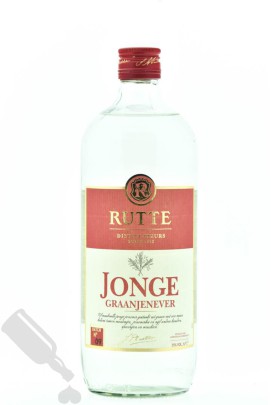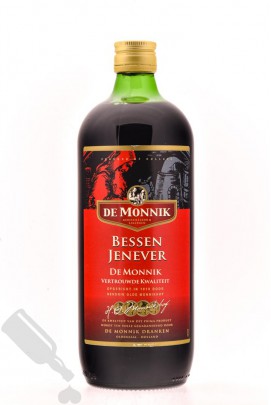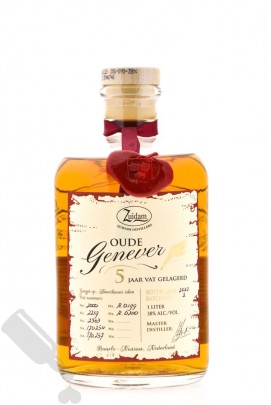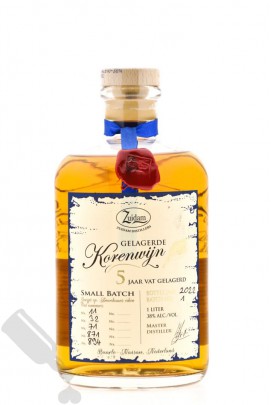
Please confirm that you're over 18
or leave the website.
SORRY, You are not allowed to visit this site

Hooghoudt 3 years Peated Cask Aged Genever
Cask Aged Genever
Hooghoudt 3 years Peated Cask Aged Genever
Cask Aged Genever
| Bottler | Distillery bottling |
| Distillery / brand | Hooghoudt |
| Range | Blends |
| Country | The Netherlands |
| Content Size | 0.7 liter |
| Alc/vol | 40% |
| Age | 3 years |
| EAN | 8710924108721 |
Hooghoudt 3 years Peated Cask Aged Genever
This highly unorthodox blend brings together two worlds of taste. On the one hand smoke and fruit that take you to an open fire on the beach with a fresh sea breeze. On the other, the warm sweet elements of cocoa and freshly roasted coffee beans. With this peated aged gin pushing the boundaries of tradition and craft, we have gone further where others stop. A drink for tough old sailors reinvented for the discerning tastes of new generations. An adventure to drink pure, but the fresh smoky flavours also lend themselves perfectly to a mix with cola.
Tasting note
Nose
The attractive, unmistakably smoky aroma is complemented by surprising notes of cocoa and coffee.The influence of the Bourbon casks is reflected in scents such as vanilla and honey. Fresh accents of lemon with a hint of tangerine complement the whole.
Taste
Smoke and citrus notes are complemented by hints of vanilla and cocoa. A full smoky sensation, deliciously tight but without the medicinal elements that characterise many peated whiskies. Mouth-filling with an endless finish.
Serving tip
Pure or mixed with cola
More information
Jenever, also called genever, jonkie or klare, is a traditional strong drink that originated in the Netherlands and Belgium. The drink is made by distilling a grain mash and using botanical herbs. The most famous herb used is, of course, juniper. Other herbs that can be used are: St John's Wort, angelica, nutmeg, cloves, aniseed, citrus peel and coriander.
History
The history of genever in the Netherlands dates back to the 16th and 17th centuries. The emergence of the alcoholic delicacy is linked to the emergence of distillation techniques and the use of grain as a base for spirits. Distillation of grain was originally introduced to Europe by the Arabs. In Europe, the process was refined during the Middle Ages. This led to production of brandy.
Distillation was initially used mainly for medicinal purposes, such as distilling wine and herbs to make extracts and tinctures. Many herbs and fruits were usually added. Around 1650 in Amsterdam, a grain distillate was designed with juniper as a remedy for muscle pain. People soon discovered that the drink could be used not only as a medicine, but also as a stimulant. Moreover, at the time, the import of brandy was prevented, so people switched to the local alcoholic drink: jenever.
8 other products in the same category:
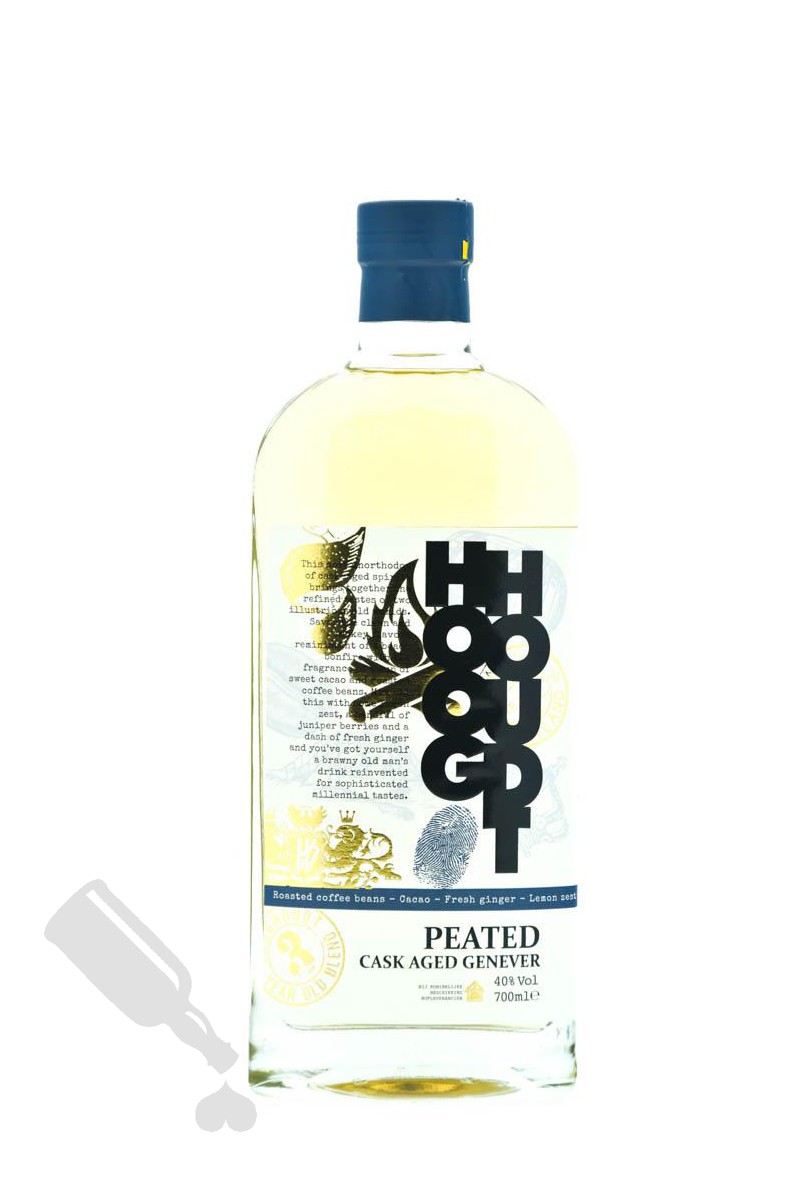


 Nederlands
Nederlands



